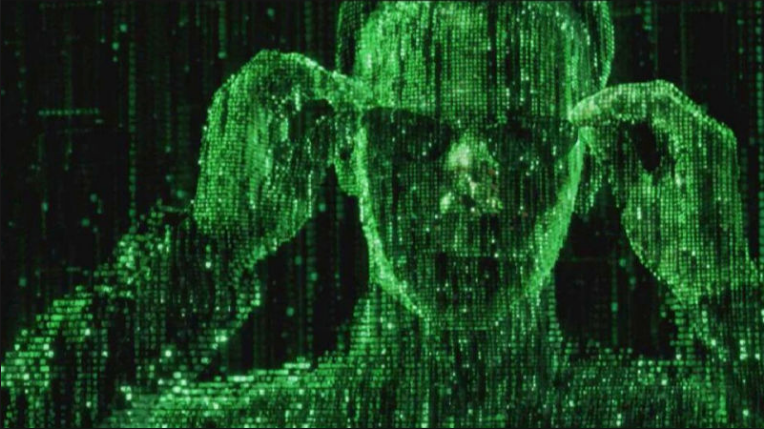Are We Living in a Computer Simulation?
If you, me and every person and thing in the cosmos were actually characters in some giant computer game, we would not necessarily know it. The idea that the universe is a simulation sounds more like the plot of “The Matrix,” but it is also a legitimate scientific hypothesis.
Many works of science fiction as well as some forecasts by serious technologists and futurologists predict that enormous amounts of computing power will be available in the future. Let us suppose for a moment that these predictions are correct. One thing that later generations might do with their super-powerful computers is run detailed simulations of their forebears or of people like their forebears. Because their computers would be so powerful, they could run a great many such simulations. Suppose that these simulated people are conscious (as they would be if the simulations were sufficiently fine-grained and if a certain quite widely accepted position in the philosophy of mind is correct). Then it could be the case that the vast majority of minds like ours do not belong to the original race but rather to people simulated by the advanced descendants of an original race. It is then possible to argue that, if this were the case, we would be rational to think that we are likely among the simulated minds rather than among the original biological ones. Therefore, if we don’t think that we are currently living in a computer simulation, we are not entitled to believe that we will have descendants who will run lots of such simulations of their forebears.

if "the fraction of all people with our kind of experiences that are living in a simulation is very close to one", then it follows that we probably live in a simulation. Some philosophers disagree, proposing that perhaps "Sims" do not have conscious experiences the same way that unsimulated humans do, or that it can otherwise be self-evident to a human that they are a human rather than a Sim. Philosopher Barry Dainton modifies Bostrom's trilemma by substituting "neural ancestor simulations" (ranging from literal brains in a vat, to far-future humans with induced high-fidelity hallucinations that they are their own distant ancestors) for Bostrom's "ancestor simulations", on the grounds that every philosophical school of thought can agree that sufficiently high-tech neural ancestor simulation experiences would be indistinguishable from non-simulated experiences. Even if high-fidelity computer Sims are never conscious, Dainton's reasoning leads to the following conclusion: either the fraction of human-level civilizations that reach a posthuman stage and are able and willing to run large numbers of neural ancestor simulations is close to zero, or we are in some kind of (possibly neural) ancestor simulation.
Some scholars categorically reject or are uninterested in anthropic reasoning, dismissing it as "merely philosophical", unfalsifiable, or inherently unscientific.

Some critics reject the block universe view of time that Bostrom implicitly accepts and propose that we could be in the first generation, such that all the simulated people that will one day be created don't yet exist.
Hi! I am a robot. I just upvoted you! I found similar content that readers might be interested in:
https://en.wikipedia.org/wiki/Simulation_hypothesis
please vote up me